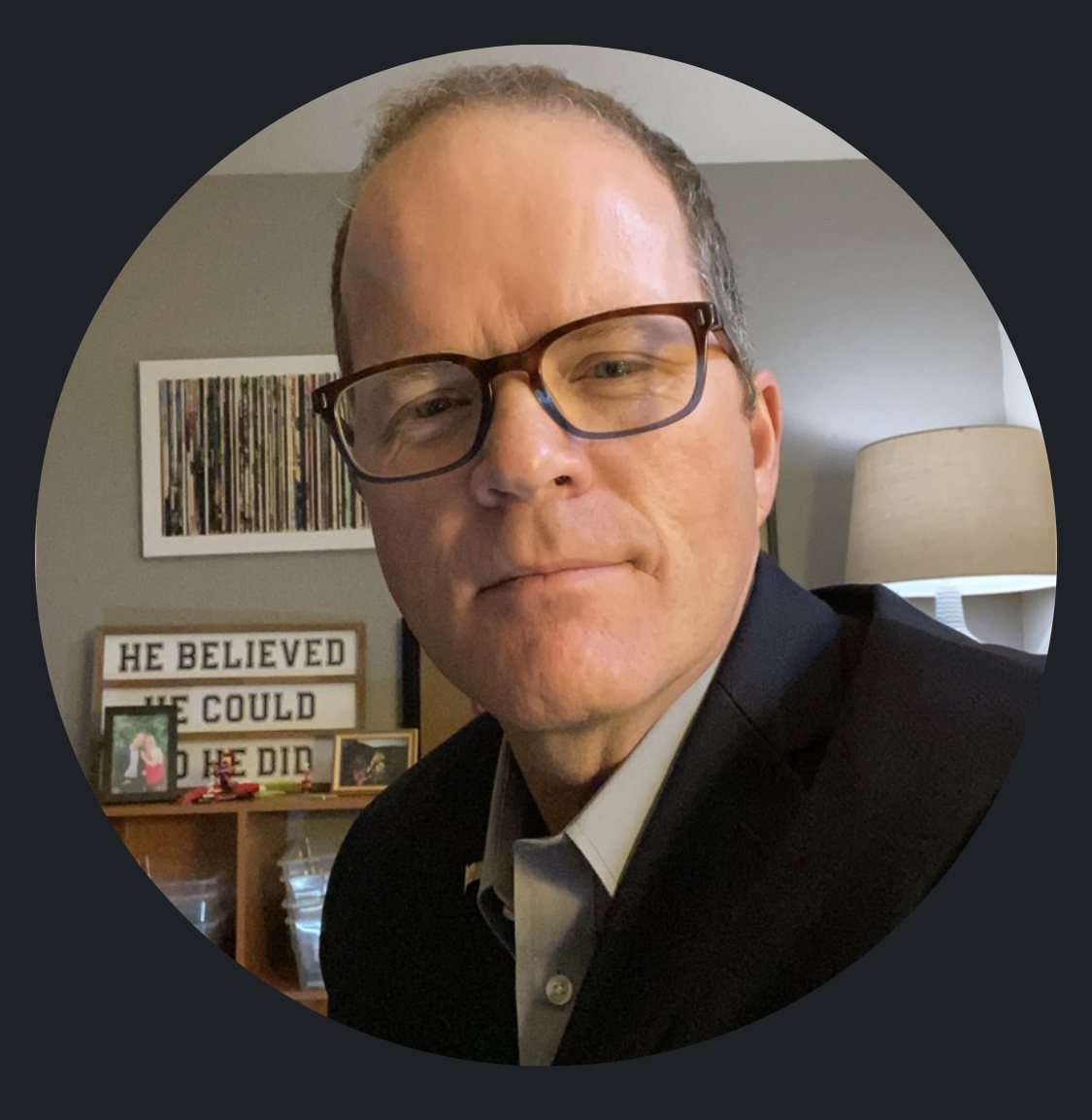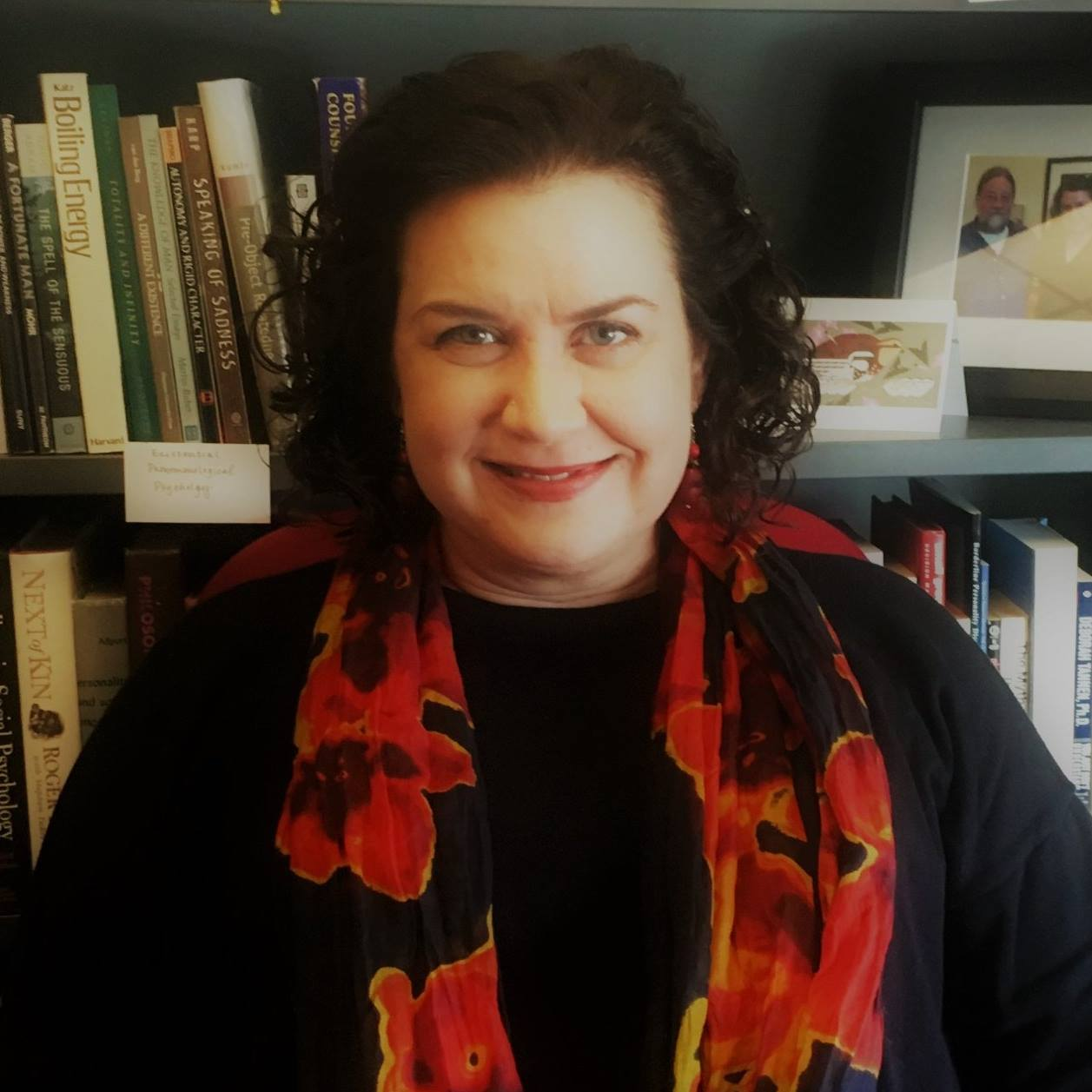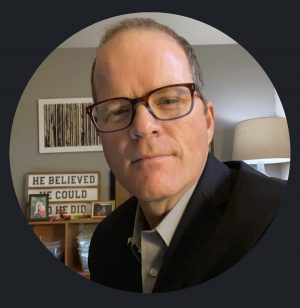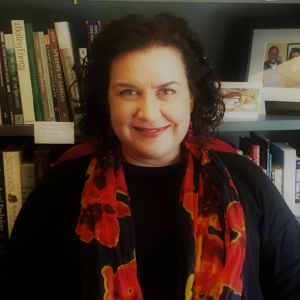Breaking the Stigma: Depression
October 21, 2021
This article discusses the concepts of self harm and suicide, content which some readers may find upsetting.
“Everybody knows what it’s like to be sad,” CWU Psychology Lecturer Cynthia Engel said. “When people who have never had depression before think about depression, they think someone is sad, and that’s not it. It’s sad but it’s also very empty, very numb. You can’t smile your way out of it.”
As the winter months approach, seasonal shifts may cause students to experience depression.
According to the Diagnostic and Statistical Manual of Disorders-5, symptoms of depressive disorders include feelings of worthlessness and disturbed physical functions like sleep patterns, food intake and energy levels.
“Depression is a monster,” CWU alumni G-man Denke said. “But there are people who love you, there are ways to get out of it. Hurting yourself isn’t going to get you out of a bad day.”
Despite the devastating experiences that come with depression, community members have found ways to feel well.
“I’ve experienced the kind of depression where I’ve been in bed for days and had a couple of suicide attempts,” CWU Senior Lecturer David Douglas said. “Because I’ve had access to counselors and doctors, I’ve learned that it is treatable and that I can do things to manage my depression.”
Douglas said some effective coping strategies include meditation, mindfulness and physical exercise like going for a walk outside or doing yoga.
“I monitor the level of caffeine and sugar I put into my body… because that has a direct effect on my mental health,” Douglas said.
Engel said that time-consuming, tedious activities help her cope.
“Things like jigsaw puzzles, embroidery. Things that take a really long time that don’t necessarily take a lot of my attention but they’re enough of a distraction” Engel said.
Engel and Douglas both emphasized the benefits of medication.
Douglas said, “It saved my life.”
According to Engel, medication can give people the energy needed to get out of bed and take steps to get better.
“You truly don’t feel that different when you’re taking it [antidepressants], but the people around you notice,” Engel said. “It doesn’t change who you are … your sense of humor … your motivations … [or] your passions. All it does is remove that part of your existence that is really, really heavy.”
Engel recommended creating an emergency kit in your home filled with nutritional items that are easy to make, like protein bars or instant coffee. This kit can be used if somebody is unable to leave the house or make food because of depression.
Another important element to battling depression is finding a support system.
“I was the president of Active Minds my senior year at college,” Denke said. “It was one of the biggest things that helped me get through school.”
The Active Minds club meets every Wednesday at 4:15 p.m. in SURC 140. Their mission is to destigmatize mental disorders on campus, according to the CWU website.
Denke said finding activities that students are passionate about can be therapeutic.
“Try to find a particular hobby,” Denke said. “I have played music for about five or six years, and there’s no way I’d be here without it today. Find something that speaks to your heart.”
There are many misconceptions about depression. It can be difficult to know how to approach those who have these disorders.
“It’s not like I can just will myself out of having depression,” Douglas said. “It’s not because of something I did that I was depressed. It’s actually a different way my brain works. It’s hereditary, it runs in my family.”
According to Engel, platitudes are not helpful. A platitude is a commonly-used phrase meant to help a situation that ends up sounding hollow.
Engel said some examples are, “You could get over it if you wanted to,” and “what doesn’t kill you makes you stronger.”
Engel said that it’s important to understand what people with depression go through.
“For people who have never experienced depression, my biggest advice is to go online and look up ‘Hyperbole and a Half.’ The author explains depression in a way that makes it very clear.”
Engel recommends asking open-ended questions such as, “How are you holding up?” to check on somebody without inserting an opinion.
“It gives people an opportunity to talk if they want to, but there’s no pressure,” Engel said. “You’re not putting a silver lining on something that doesn’t really need a silver lining.”
Being a strong, supportive person can be quite helpful, according to Douglas.
“You might be that one person that someone who’s struggling with depression can talk to. Be a good listener,” Douglas said. “Steer away from trying to tell people what you think they should do to cure their depression.”
According to Douglas, reaching out for support is a catalyst for change.
“If I’m having a bad day … I’ll send a message to a friend and I’ll say, ‘Hey, I’m depressed today,’” Douglas said.
Engel recommends bringing food to those who may be depressed, doing some of their chores and talking with them (or not talking with them) while watching Netflix.
“A lot of the time, getting better is having the time to sit still and experience it,” Engel said. “If you know someone who is not eating, not sleeping and not communicating with other people, who just doesn’t seem like themselves; it’s something to keep an eye on. Reach out. Just a text saying, ‘How are you doing?’ or “Thinking about you today.’”
Dealing with depression is an ongoing process with many ups and downs.
“I never said that the recovery process would be easy, but I can say it would be worth it,” Denke said.
Douglas emphasized the importance of students educating themselves about mental health.
“If people educate themselves more, it will help to lower the stigma,” Douglas said. “If we lower the stigma, more people will be able to ask for help.”.
For those experiencing mental disorder symptoms:
Contact a mental healthcare provider or the Student Counseling Clinic at: (509) 963-1391
Contact the Suicide Hotline if you need immediate assistance with self-harm: 1-800-273-8255






